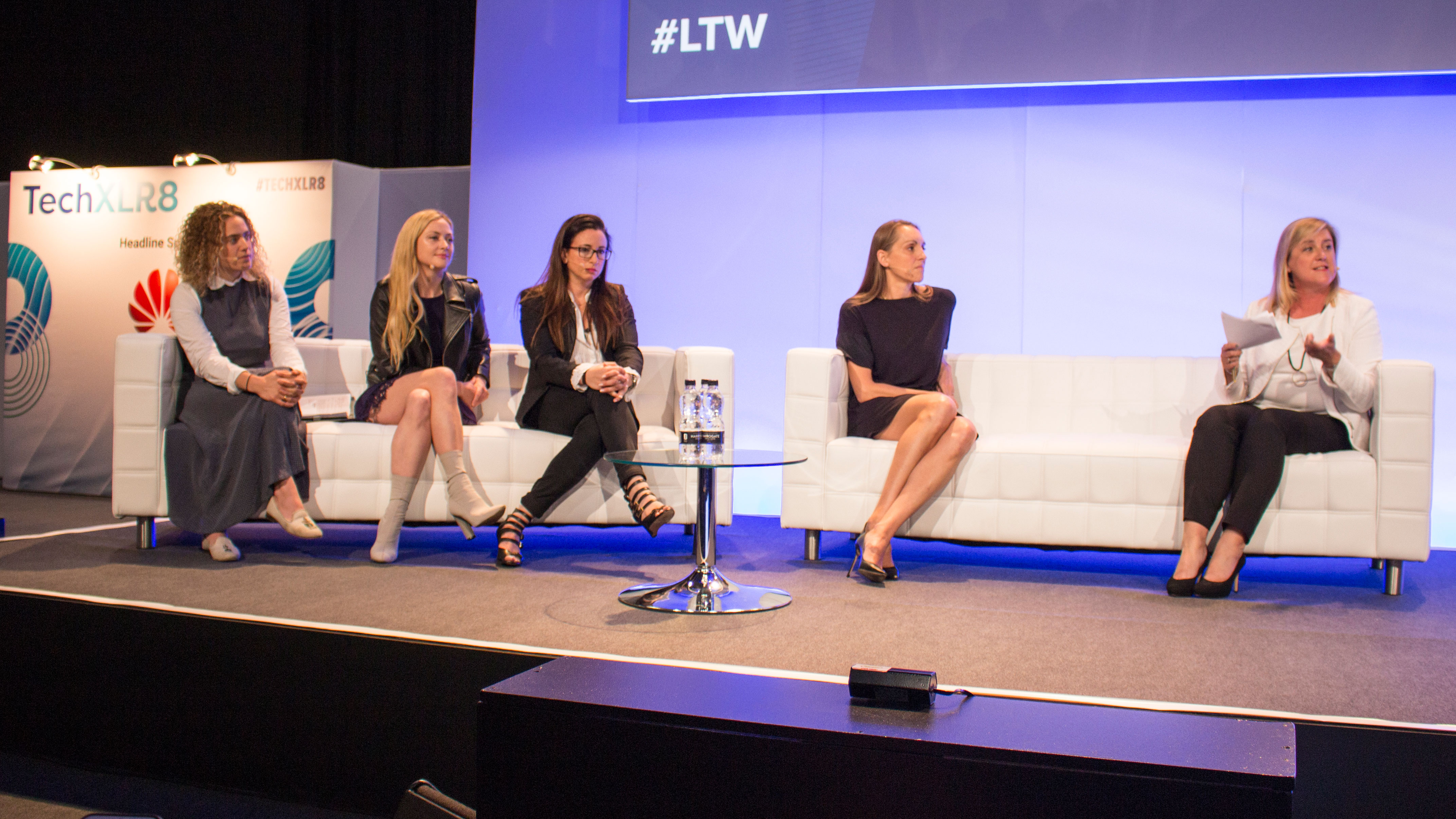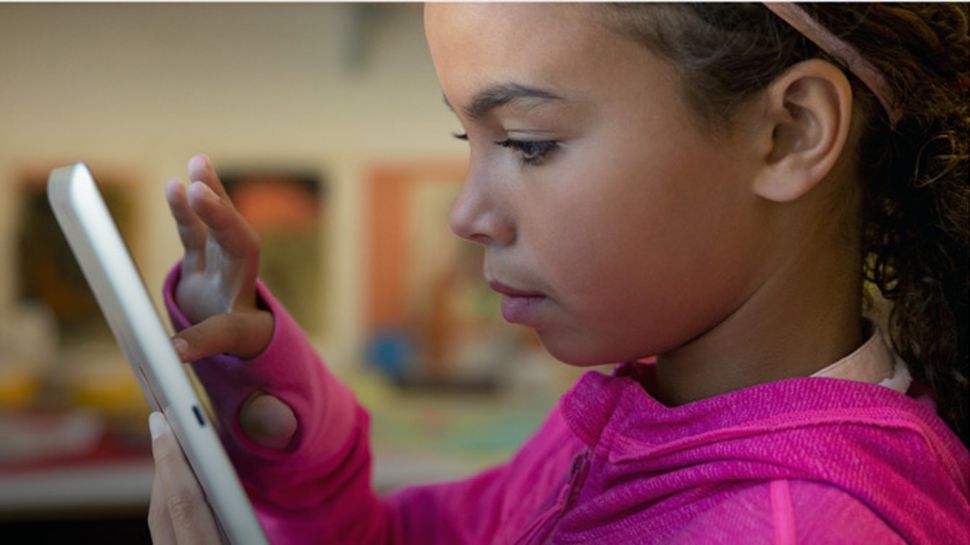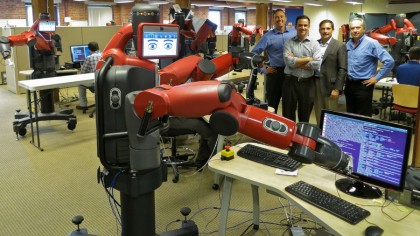Our greatest weapon in the war to keep our jobs is to be more female
Woman up

The world’s job market is in an interesting place at the moment. With the number of jobs that robots can’t do dwindling more and more every year and new kinds of jobs cropping up in every sector, it's safe to say that today’s job market would be almost indescribable to someone from 30 years ago.
As we move forward, the changes that have brought us to this place only stand to accelerate, putting us in an interesting position. We attended a panel discussion at London tech conference TechXLR8, which was dedicated to the discussion of future jobs.
The panel was hosted by Janet Coyle and, in a rare turn of events for a tech event, the entire panel was female.
Coyle opened the discussion with a rather startling statistic: “There’s about 48 million hits on Google about the future of work." Then she asked the key question: "Why is this?"
“Millennials are changing jobs every two years. And you’ve probably heard that in China, they’re buying 160,000 robots a year. So technology is automating work at an unprecedented pace and I think it’s probably reaching us much quicker than we ever anticipated.”
She finished with another mind boggling statistic: “We know that about 60% of the jobs that our children will be doing in the future don’t currently exist.”

Safeguarding our future
So what can be done to prepare our children for a world that we can’t possibly fathom? How do we make sure that we, as humans, aren’t left behind in the race to improve the world of work?
Sign up for breaking news, reviews, opinion, top tech deals, and more.
Founder and CEO of Decoded, Kathryn Parsons, tried to diffuse some of the tension of the conversation: “As human beings, we’re generally quite bad, historically, at predicting the future. So we can’t even imagine what those jobs are that we need as our businesses and our lives and our behavior and economies get disrupted by technology. But I think you can break it down into certain kinds of skill sets, and skills, and mindsets that seem to be common across every single industry and sector.
“The ability to actually understand technology; to be digitally literate; be empowered by it; to understand data. It’s definitely worth mentioning the skills that aren’t just traditionally sitting within technology: problem solving, creativity, the ability to negotiate, teamwork.”
In talking about diversity in the future of the workforce, Tabatha Goldstaub raised an interesting point: “I think the general fact that we need the skills that women just have inherently within them to work alongside machines sets us up for a whole new wave for women being more important in this space.”
Be more she
Given that there are numerous studies about how 'masculine' women do better in business, it’s interesting to think that the solution to the fear that many people have - that we are going to be made redundant by automation - could be laid to rest by embracing femininity.
“This is probably the best panel I’ve ever sat on,” Goldstaub continued, “I’m normally the person that’s going ‘We need a marketing change’. It’s about man, woman and machine, and I’m often quite alone in that discussion, especially among AI experts. It’s not surprising because we have a panel of three women who think about the softer skills, think about all those other skills that we’re going to need to work alongside the machines.”
Defining specific traits as male or female may seem reductive, but the point is a valid one. The nature of business as it currently stands is one that seems distanced from emotion, from joy, from empathy. There is an unwritten rule that work shouldn’t be fun.
But having fun is one of the few things that AI can’t do (yet), and so embracing our "softer" side may well be the way for us to continue having value in a marketplace where dogged hard work is no longer logical considering a robot could probably do it better, and for less money.

Tamara Lohan, founder of travel company Mr and Mrs Smith had an interesting take on this: “We have people sat in our office answering questions that could be answered by a chatbot, and these people are experts.
I’m not looking at taking those jobs away, but streamlining things so that they have more time and space to deal with the more complicated issues that our customers have. Because that’s where their expertise and their humanness can be most effectively deployed.”
The panel ended with a conversation about role models, and a really interesting thing happened; each of the women on the panel ended up referencing one another. But, as it became apparent that the panelists felt warmly towards each other, they started laughing and joking together.
At one point, one of the panelists called out their actions as ‘girly’ as if that was a bad thing. This was interesting, as it was the humor and emotional connection being negatively termed ‘girly’ which felt distinctly human and not at all robotic. While our softer side may be what we need to embrace moving forward, there is still a stigma that needs to be overcome here and now.

Andrew London is a writer at Velocity Partners. Prior to Velocity Partners, he was a staff writer at Future plc.